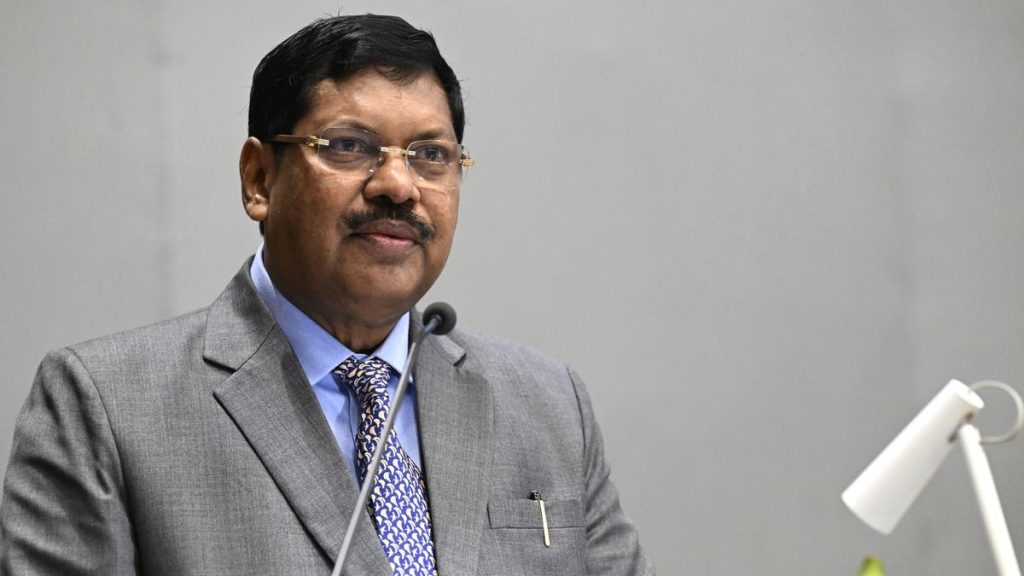Now Reading: Kerala University Withdraws ‘Partition Horror Day’ Directive After Opposition
-
01
Kerala University Withdraws ‘Partition Horror Day’ Directive After Opposition
Kerala University Withdraws ‘Partition Horror Day’ Directive After Opposition

Quick Summary
- Vice-Chancellors of Kerala, Kannur, APJ Abdul Kalam Technological Universities, and Cochin University of Science and Technology directed affiliated colleges to observe August 14 as ‘Partition Horror Day,’ following a Raj Bhavan circular.
- Colleges were instructed to hold seminars, plays, and poster-making activities for the occasion.
- Kerala University issued a revised circular advising against conducting such events due to concerns raised by colleges about policy conflicts with the state governmentS stance.
- The revised circular was allegedly issued without approval by Vice-Chancellor in-charge Mohanan Kunnummal. A professor overseeing college growth resigned shortly afterwards.
- Students’ groups like the Students Federation of India (SFI) and Kerala Students Union opposed the observance, pledging symbolic protests against Governor Rajendra Vishwanath Arlekar and university authorities involved in this directive.
- Higher Education minister R. Bindu criticized the directive from raj Bhavan as fostering communal division through “sectarian ideologies” under the guise of remembrance.
- The Save University Campaign Committee also expressed concerns that commemorative programmes could led to divisions among students.
Indian Opinion Analysis
The controversy surrounding ‘Partition Horror Day’ reflects deeper tensions between state governance structures in Kerala and directives from central-appointed officials like Governors. On one hand, observing such a day could serve educational purposes by revisiting ancient events; on the other hand, opposition highlights fears over ideological polarization and potential misuse within academic spaces.
Kerala University’s decision to revise its earlier instruction signifies institutional caution amidst sensitive political dynamics.While students’ groups opposing these events emphasize safeguarding campuses from potential communal disputes, it remains critical that universities ensure balanced participation across differing viewpoints if commemorations are held.
As higher education institutions navigate this challenge moving forward, broader implications may emerge regarding autonomy versus influence within India’s federal structure-notably concerning matters involving cultural or historical commemoration directives initiated at varying levels of government.
























